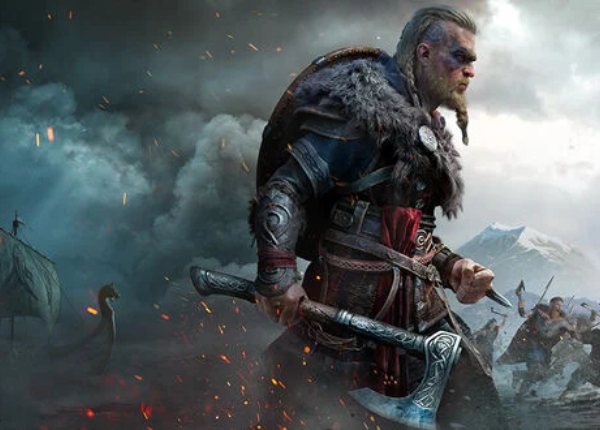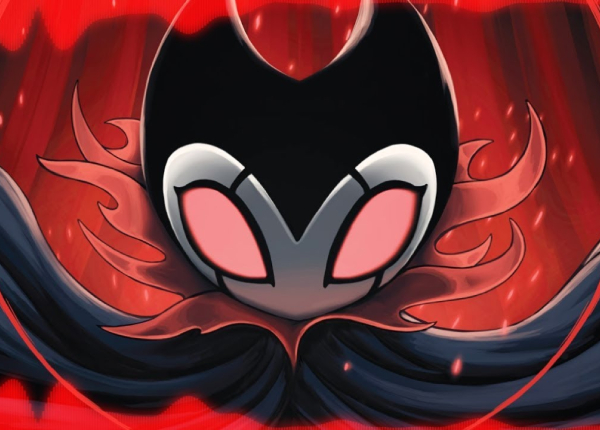Telltale Games died because it stopped moving forward

The story of Telltale Games paints a fascinating, depressing picture of a company that found success and seemed to immediately encase itself in amber. The road to its devastating shutdown is what it looks like when a company finds a winning formula, and thinks that winning formula will win forever.
Spoiler warning: It never does.
A very long timeline
Telltale Games was founded in 2004, combining talent from LucasArts with the idea that the future was episodic, digitally distributed and licensed. Adventure games would become popular again, but the genre had be updated first, and players wanted characters and worlds they already recognized.
It was a strong vision, but it took a lot of experimentation to bring things to life. Do you remember the game where licensed characters — including some from Penny Arcade, where I used to work — played poker together?
Or the CSI games Telltale created for Ubisoft? There was also deal to distribute games through GameTap, an online, subscription-based service that had tried to be Netflix for video games. Adventure games based on Jurassic Park and Back to the Future weren’t critically successful, but were certainly profitable as of 2011.
In 2012, eight years after the company started, The Walking Dead’s first season changed everything. It was the critical and commercial blockbuster Telltale had been looking for. The shocking twists and character deaths of the Walking Dead universe were a natural fit for episodic adventure games, and Clementine became a beloved character in her own right.
And then came the gold rush.
The technology didn’t keep up, and neither did design
Telltale had always used a proprietary engine called Telltale Tool for its games, and creating your own technology always came with pluses and minuses. From the point of view of the players, however, it often felt like the negatives outweighed the positives.
In 2015, Kotaku ran a comprehensive story about the bugs that plagued each of Telltale’s releases, contrasting the positive reception that many of the games received from critics with the often desperate complaints of bugs and issues from players.
“Telltale’s support forums paint a portrait of a publisher that is constantly releasing buggy and even outright broken games, and, unlike most of the other companies with which it competes, one that lacks the resources to meaningfully help or, sometimes, even acknowledge its frustrated users,” Kotaku’s Kirk Hamilton wrote.
A 2017 Waypoint article about Telltale’s seemingly outdated tech detailed how the engine could make even simple tasks time consuming for developers.
“Telltale’s history of hobbled tech goes back a ways, too,” Patrick Klepek reported. “A source told me that even as the company was riding the success of The Walking Dead, their engine didn’t have a physics system … If a designer came up with a scene requiring a ball to roll across the floor, or a book to fall off a shelf, it had to done by hand, an enormous time and resource commitment.”
And the engine, in general, made the characters look stilted and lifeless, which could hurt how well the story and dialogue landed.
:no_upscale()/cdn.vox-cdn.com/uploads/chorus_asset/file/3523238/telltale-game-of-thrones-episode-3-throne-room_1920.0.jpg)
Telltale Games
“It’s common for said issues to undercut an effective joke, one that hit the mark in both script and voiceover, but falls flat because the game can’t swap between scenes fast enough, leaving long pauses in-between snappy character banter,” Klepek wrote. “Dead air can be funny when used on purpose, but here, it’s only awkward silence.”
When the worst parts of your game work against the best parts of your game — in this case, the company’s technology often harming how well the stories were told — the only thing that’s left is a mediocre experience. It’s no wonder that players began to stay away.
And the company knew that its technology was hurting it. “I don’t have anything specific to comment on Unity,” Telltale’s Brodie Andersen told Eurogamer during Gamescom this year, “but for this season the [Telltale Tool] was the only option for us. I will say we certainly, I think, have let players down in the past a little bit, just in terms of our engine’s technology.”
There were reports earlier this year that Telltale would move over to the Unity game engine, but unfortunately, that change never took place. Combine these issues with the fact that Telltale seemed to only repeat its own basic formula across every licensed property it tackled, and it meant that the final products all began to blur together into one big lump: Each game or episode would have a few big choices, with maybe one “shocking” moment; the visuals would be underwhelming, and players would expect bugs.
“The Walking Dead had broken new ground for Telltale, both artistically and financially,” a well-sourced Verge report by Megan Farokhmanesh from earlier this year stated. “Unfortunately, it also chained those running the company to an immovable idea: that the template of The Walking Dead was the only one worth pursuing.”
Both seasons of the Batman Telltale series, for example, felt like the Bad Religion Christmas album. Yes, it’s kind of surprising that it exists, but you don’t need to listen to it to know exactly what you’re going to get. The same was true of Guardians of the Galaxy, which ended up being one of Telltale’s last completed seasonal stories.
By 2018, it was hard to know whether it sounded more tiresome to make Telltale Games or to play them.
Human beings make these games
It’s always easy to look back and see what a company did wrong, but the slow-motion trainwreck of Telltale became a spectacle almost as soon as the first season of The Walking Dead ended.
The company could have worked on limiting its tech debt in order to bring new ideas and mechanics to its adventure games, but these efforts never went far enough to make the last few years of Telltale’s releases feel modern. It could have valued the creative individuals who worked so hard to bring these stories to life, but, by all reports, including how things ended, that never happened either.
Re: I got laid off at Telltale
None of my sleepless nights or long hours on weekends trying to ship a game on time got me severance today. Don’t work overtime unless you’re paid for it, y’all. Protect your health. Companies don’t care about you.
— Brandon Cebenka (@Binkysaur) September 21, 2018
“After The Walking Dead, to describe one Telltale game was to describe all of them: an episodic adventure game that unfolded across sequentially released episodes, where players make difficult choices with emotional consequences,” The Verge’s Farokhmanesh wrote. “This became the creative mold at Telltale, where former employees say every new game was — to some degree — trying to recapture the spark of The Walking Dead.”
Telltale Games was handed an amazing opportunity after the success of The Walking Dead, but the company’s inability to evolve the sort of games it made and to sculpt the sort of company that prized new ideas and valued its workers may have been the biggest contributor to its own ultimate death. You can’t just keep making the same game with different characters; people will notice.
[ad_2]
Source link




